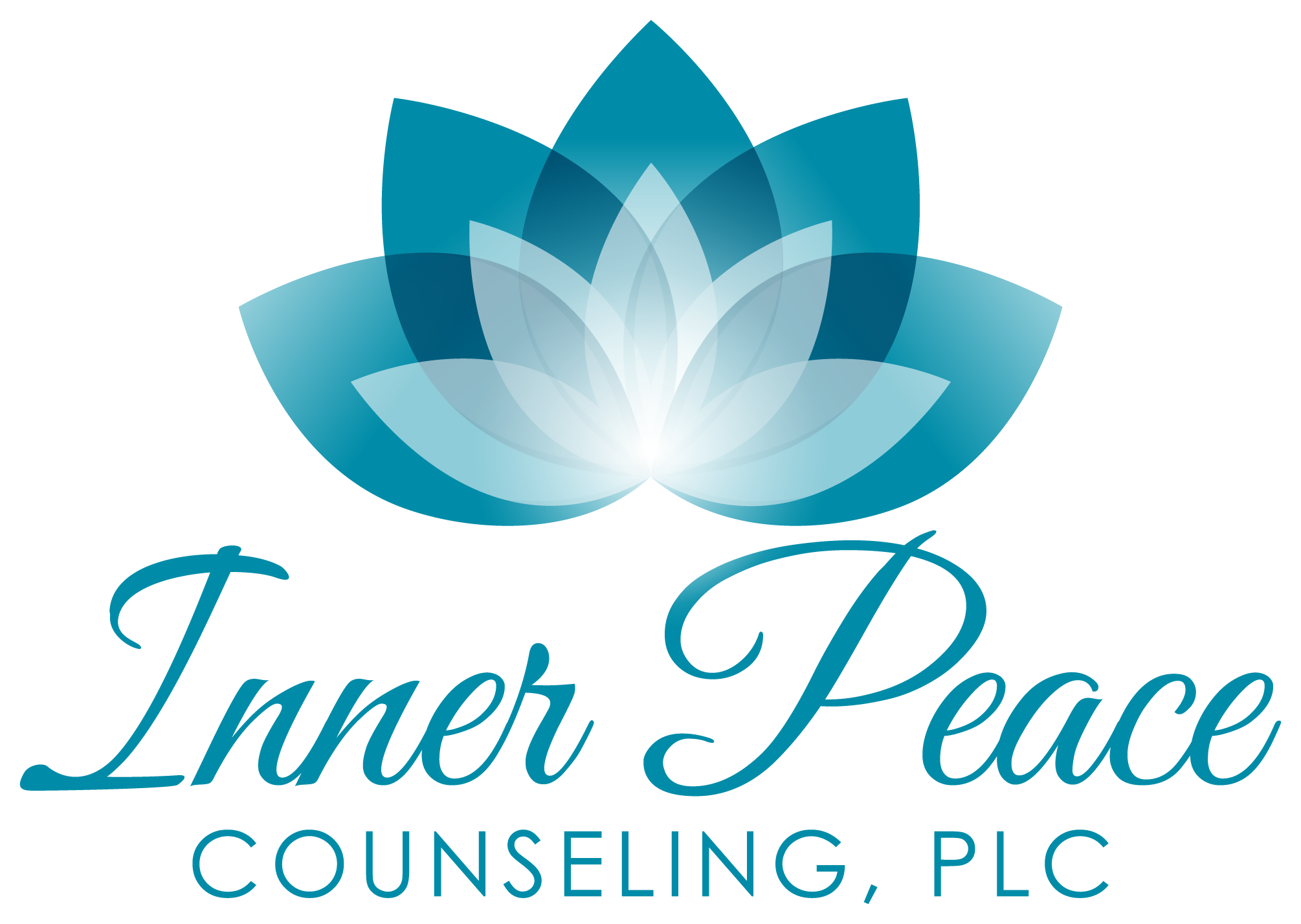Recognizing and Addressing Domestic Violence

By: Ashley Carter Youngblood
Categories:
Tags:
Recognizing and Addressing Domestic Violence
[As printed in The Women’s Lifestyle Magazine of Greater Kalamazoo, October 2018 Edition]
In honor of October as National Domestic Violence Awareness Month, I want to pay tribute with this article to all the survivors out there:
Let’s start by embracing the fact that domestic violence is a taboo subject. No one wants to talk about it. But, guess what? The National Coalition Against Domestic Violence reports that 1 in 3 women and 1 in 4 men have been victims of some form of physical violence by an intimate partner within their lifetime. And, around 20 people are physically abused by an intimate partner in the United States every minute! So, no matter how much we want don’t want to talk about it, we need to talk about something that affects more than 10 million people per year.
Signs of Abuse
Violence between intimate partners isn’t always physical. Domestic violence can include emotional, sexual, financial, and spiritual abuse. While all situations vary, warning signs of an abusive partner can include the following:
- Isolation from loved ones
- Attempts to commit quickly (e.g. get married)
- Throwing or punching things when angry
- Preventing you from having access to money
- Forcing you (through manipulation or physical force) to engage in sexual activities
- Tracking or demanding knowledge about your travels or activities
- Preventing you from leaving a room, leaving your home, or calling the police
- “Narcissistic” behaviors
- Repeatedly criticizing you, even in front of others
- Accusing you of having an affair
- Blaming you for the abuse
- Threatening to harm or kill you or those you love (e.g. pets)
This is not a comprehensive list and every situation is different. But, such signs correlate with abusive relationships, whether the partner is male or female.
What to Know
If you observe some of the above for you or someone you know, there is help available! But, first, it is important to understand that domestic violence is about the abuser creating an environment of power and control. There are even phases to domestic violence:
- The “honeymoon phase” – the abuser is overly caring, saying they will improve their behavior and that they are dedicated to the relationships.
- The “tension building phase” – the abuser becomes more irritable and the victim of the violence makes efforts to calm and please them in order to avoid an explosion. There may even be threats made during this time.
- The “explosion phase” – the abuser inflicts the violence, whether physical, sexual, or emotional. After this, there are often apologizes and promises made to “never to it again,” causing a return to the “honeymoon phase.”
Over time, research shows that this cycle of domestic violence becomes shorter and sometimes the “honeymoon phase” is eliminated altogether. Very rarely does a relationship that includes domestic violence improve without intervention, whether criminal or therapeutic (e.g. with a Batter’s Intervention Program). However, as maddening as it may be to either be involved in or to watch this cycle continue with a loved one and their partner, know that, on average, it takes a victim seven times to leave such a relationship for good. So, “what can I do!?” you may be asking.
What to Do
Because domestic violence is about power and control, practice patience with yourself and the loved one. Factors like children, pets, and finances influence why victims stay in abusive relationships for longer than they even want to. So, you can start by asking gentle questions like “You seem stressed. Is there anything you would like to talk about?”; “I’ve noticed that your partner calls every hour to have you check in. Are you feeling safe at home?”.
Such conversations may not be comfortable but a major factor to a victim leaving an abusive relationship is if they feel like they have hope, options, a safe place, and supports to help protect and encourage them. Let your loved one know you that are a safe place. Don’t badger or criticize their choices but consider gently expressing concern and reminding them that they have support in you.
If you are the one in the abusive relationship, the key is to have a safety plan. The reality is that the most dangerous time in a relationship that involves domestic violence is when the abuser believes the victim is leaving. The existing tension in the relationship escalates and, in extreme cases, the situation can end in murder.
So, we may be talking about life and death here. Because of this, make a safety plan that includes who you can talk to, code words for children involved, where are safe places to go, where to keep important documents, etc. Some wonderful templates for safety plans are at the website of The National Coalition Against Domestic Violence, www.ncadv.org, and the website of The National Domestic Violence Hotline, www.thehotline.org. The National Domestic Violence Hotline (1-800-799-7233) is a 24 hour hotline that can even connect you with local safety shelters and agencies, like the Kalamazoo YWCA, whose crisis line is 269-385-3587. However, for those being tracked by their partner, be careful how you obtain such information.
Remember: the point is to escape domestic violence safely. Privately connect with resources, learn your options, and create your safety plan. If nothing more, seek out the support of a trained professional, such as advocates at the local YWCA or a therapist who is well-versed with the dynamics of domestic violence. Keep persisting! Stay strong. You are worth more than the situation you are in.
~Ashley Carter Youngblood, LMSW, LMFT, CADC, ADS
 Ashley Carter Youngblood is both a fully-licensed Clinical Social Worker and Marriage and Family Therapist who has been in the field since 2007. She offers counseling at her woman-owned business, Inner Peace Counseling, PLC, for those in Kalamazoo, Portage, Mattawan, Battle Creek, Paw Paw, and the surrounding areas of Southwest Michigan. She is passionate about her work with clients, whether it’s providing individual counseling, couples counseling, family therapy, or life coaching. Her specialties include holistic healing/mindfulness, counseling for women, anxiety, couples counseling, and addictions/substance abuse.
Ashley Carter Youngblood is both a fully-licensed Clinical Social Worker and Marriage and Family Therapist who has been in the field since 2007. She offers counseling at her woman-owned business, Inner Peace Counseling, PLC, for those in Kalamazoo, Portage, Mattawan, Battle Creek, Paw Paw, and the surrounding areas of Southwest Michigan. She is passionate about her work with clients, whether it’s providing individual counseling, couples counseling, family therapy, or life coaching. Her specialties include holistic healing/mindfulness, counseling for women, anxiety, couples counseling, and addictions/substance abuse.
I welcome you to contact me or leave any questions or feedback you have about this post. Please keep in mind that the above information is the opinion of an individual, should not be considered medical advice/treatment, and is for entertainment/educational purposes only. I write these blogs as an expression of my passion for wellness and with the hope to be able to help as many people as possible. So, for more information about how to safely navigate this website and to what terms you are agreeing upon use, visit my Disclaimer page. And, as always, if you are experiencing an emergency, contact 911 or present yourself to your nearest emergency room.
Thanks for reading.
